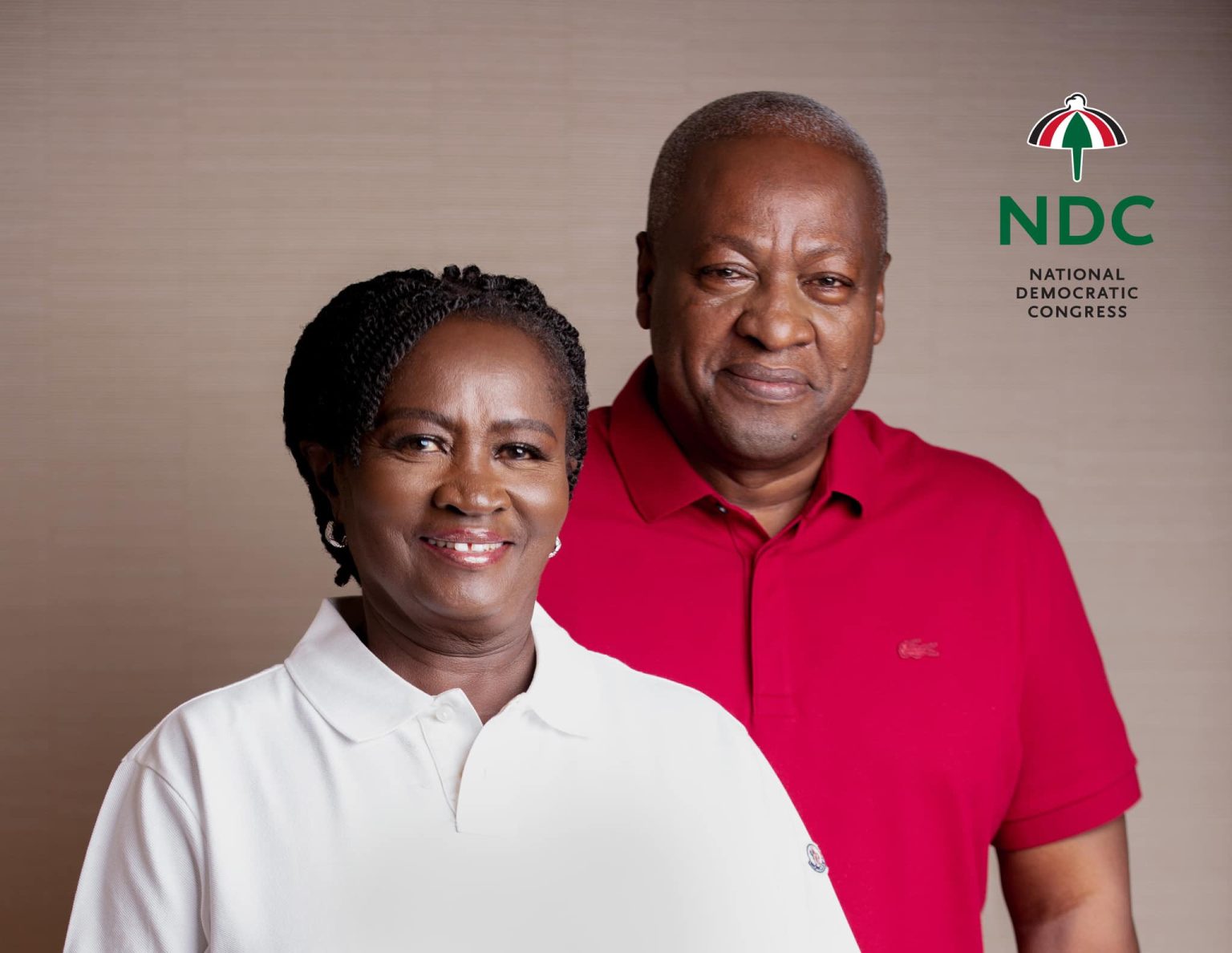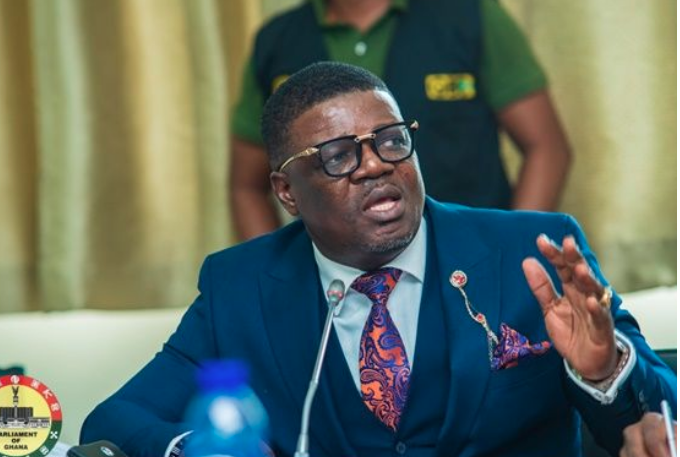In the lead-up to Ghana’s 2024 General Elections, IMANI Africa has released the latest episode of its PULSE report, a fortnightly social media sentiment analysis that captures the evolving political landscape.
This episode examines the public perception of the major political contenders, particularly the New Patriotic Party (NPP) and the National Democratic Congress (NDC), while also considering smaller parties and independent candidates.
“Understanding social media sentiments is crucial as it reflects the immediate reactions and attitudes of the electorate,” said IMANI’s Executive Director.
The report highlights a notable increase in positive sentiment towards the NDC, spurred by Candidate John Mahama’s #MahamaConversations event.
From late June to mid-July 2024, positive sentiments towards the NDC rose from 23.11% to 27.2%, indicating a growing approval of Mahama’s 24-hour economy message.
“The Mahama Conversations had a significant positive impact, with over 38.3% of related social media posts reflecting positive sentiments,” IMANI’s analysis noted.
In contrast, the NPP experienced a mixed reaction with the announcement of Dr. Matthew Opoku-Prempeh (NAPO) as Candidate Bawumia’s running mate.
Although initial responses were positive, the overall sentiment towards the NPP saw a decline from 29.68% to 24.88%.
The report attributes this dip to the controversial statements made by NAPO and other issues like the SSNIT scandal.
“While the #PerfectPair4Ghana hashtag garnered significant engagement, negative sentiments rose sharply following the running mate’s unveiling,” IMANI observed.
Negative sentiments for both major parties also saw fluctuations, with the NPP facing a more substantial increase.
The report details that negative sentiments towards the NPP jumped to 36.9%, up from 31.4%, largely due to public scrutiny over recent events.
Conversely, the NDC’s negative sentiments remained relatively stable at around 23.2%.
“The spikes in negative sentiment for the NPP reflect the electorate’s response to recent political developments and controversies,” explained IMANI’s report.
In terms of social media reach and engagement, the NPP continues to lead in overall mentions, although the NDC’s reach has grown more organically.
Platforms like Twitter and TikTok have become key battlegrounds, particularly among younger voters.
“The dynamic nature of social media means that sentiments can shift rapidly, making these insights vital for understanding voter behavior,” IMANI concluded.
As the election season heats up, IMANI’s PULSE report will continue to provide critical insights into the sentiments and trends shaping Ghana’s political discourse.
This episode underscores the importance of social media as a barometer for public opinion, highlighting the ever-changing landscape of Ghanaian politics.







